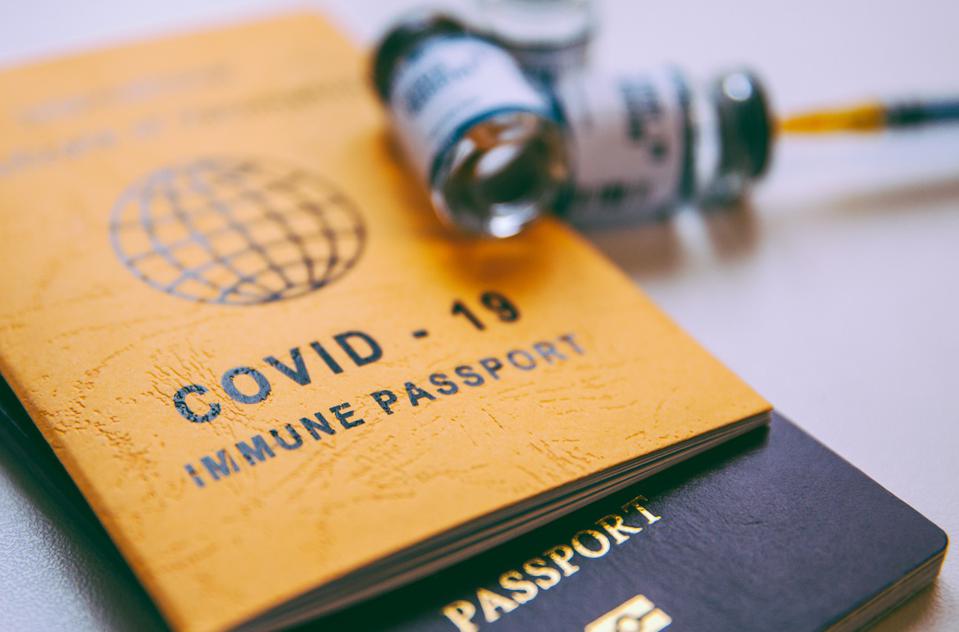7 countries start issuing EU COVID-19 passports for travel
The European Union’s (EU) technical system responsible for the verification of the security features contained in the QR codes of all EU Digital COVID Certificates has gone live with seven EU Member States a month



